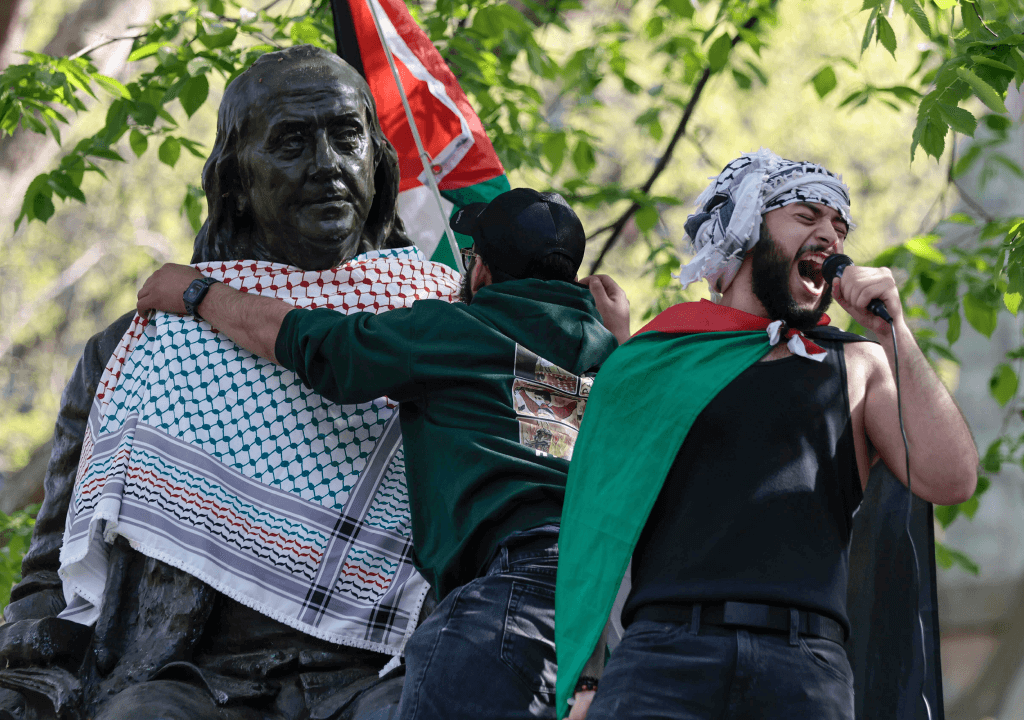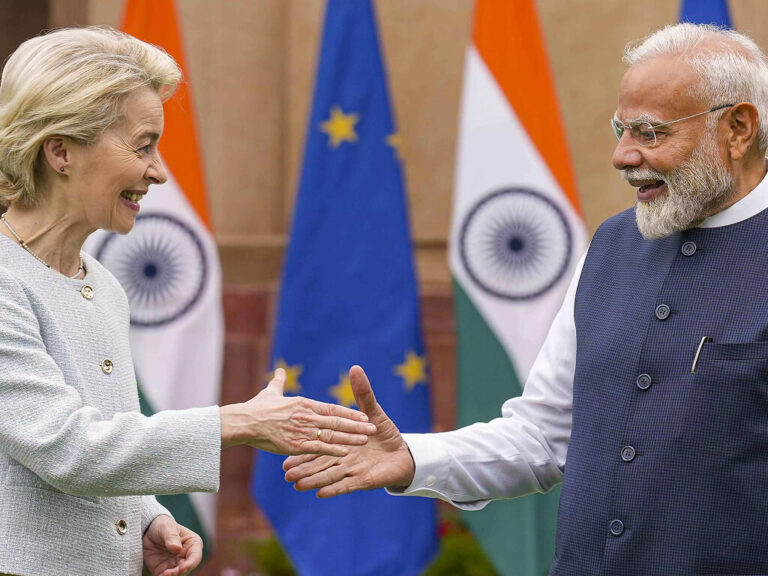Global Muslim solidarity has kept Palestine alive, or Palestine has kept alive global Muslim solidarity. Sunnis, Shias, and Mujahideen all share common thoughts for Palestine. Deep sentiments for Palestine have been created by Muslim writers. Muslim countries have joined together, even launching attacks for Palestine. Muslim journalists have penned articles in various languages, English, French, German, Hindi, to garner support for protests for Gaza. Muslim students have organized massive rallies in Dhaka, Karachi, Mumbai, Baghdad, and many other places, all orchestrated like a finely conducted concert for Palestine and people, who are suffering there. All of this has presented global support for Palestine, despite Israel and the United States supporters leading most influential institutions and newspapers. However, it’s interesting to note that this harmony for Palestine is not as evident after the recent attack in Gaza. Muslim countries are issuing statements but not taking significant actions against Israel. Palestine-related articles featuring images of suffering people are not prevalent in Eastern newspapers, even though casualties are high. Furthermore, students in Pakistan, India, and Arab countries are not as active on the streets for Palestine. Meanwhile, protests for Gaza are intensifying on the US campuses and in the streets of European cities. It’s interesting, There are more big protests in London than in Karachi.
Large-scale protests for Gaza are ongoing in reputable US universities like Columbia University and on major European streets, as well as in Australia, amid police arrests and clashes with other groups in an unprecedented manner. Despite these countries alignment with Israel and the continued support of popular politicians for Israel, many Muslim communities, human rights supporters, sympathizers, and left-leaning individuals are joining together to create large-scale protests in Western countries to oppose war and uphold humanity. This movement is unprecedented in scale. Some universities have been forced to cancel their graduation ceremonies, while others have witnessed entire buildings being occupied by protesting students. Police intervention has exacerbated the situation. Interestingly, in the Middle East and South Asia, traditional centers for protests remain relatively calm. The Gulf states do not support democratic protests and enforce strict laws against them, while Arab republics like Iraq and Egypt have tight controls due to links with extremist radicals among protestors. In populous Muslim countries such as Pakistan and Bangladesh in South Asia, there is fear that protests for Gaza could become targets for looming terrorist organizations in the country. Additionally, in India, traditionally a home for intellectual Muslims, the government under Narendra Modi is taking a hardline stance against protests for Gaza and Palestine.
So, the looming protests in Western nations are occurring only because they can be conducted safely and publicly there. A large number of people, especially students and intellectuals, have migrated to these countries from Arab states and South Asia. They can express their anger and sympathy for Israel’s actions against Palestinian Muslims through protests for Gaza. Moreover, they will receive support from human rights and left-wing groups, which is not as readily available in Arab and South Asian countries. Conducting rallies in Pakistani and Bangladeshi cities will garner less news value. However, many critics argue that the mounting protests will have a reverse effect in Western countries. Social media is already displaying animosity towards Islamist people who have migrated to the West. These protests will likely exacerbate such animosity, with right-wing politicians exploiting it to cast doubt on and wonder about the large-scale protests led by Muslim intellectuals in support of Gaza. Consequently, there is a fear that mounting protests for Gaza will fuel racism and anti-Islamic sentiments.
The shift of “Protests for Gaza” from east to west is a clear indication of recent migration patterns as well. Eastern countries tend to restrict free speech or expression for Muslims, prompting known Muslim intellectuals and individuals to migrate to the West, where they can utilize freedom of speech to advocate for Muslims. This trend is evident, for example, in India, which was once a hub of protests for Gaza but has significantly changed in the last 10 years under the Hindu nationalist government of Narendra Modi, which favors Israel and takes stringent actions against Palestine protests. Muslim intellectuals from such countries have migrated to the West, where they have the freedom to protest. This trend is also visible in Pakistan and Arab countries. Therefore, these shifts in the locations of protests for Gaza not only signify the emergence of voices for the suffering people in Gaza but also highlight changes in global politics.








